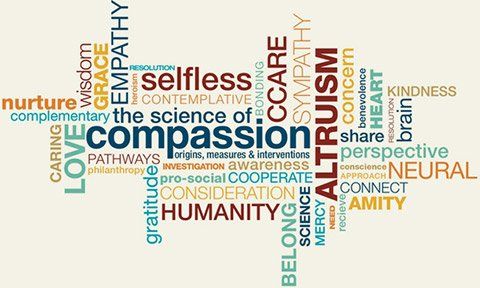Who we are
Compassionate Ballarat is part of the global Charter for Compassion movement promoting compassion as an essential part of individual, community and organisation decision-making in over 430 cities worldwide.
Compassionate Ballarat is a volunteer organisation, with no legal or corporate structure as yet. The work of Compassionate Ballarat is overseen by a Steering Group auspiced by Grampians Health. The Steering Group formed to develop and implement a strategic approach to creating Ballarat as a Compassionate City and contribute to the Global Charter initiative. The committee meets six times a year to review issues, initiatives and plan projects.
Compassionate Ballarat Steering Group
Our Steering Group connects us to Ballarat's major employers, including Grampians Health, City of Ballarat, Federation University and others.
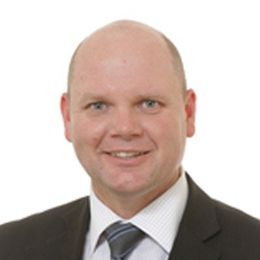
Ben Kelly
Chair. Chief Operating Officer Hospitals, Grampians Health
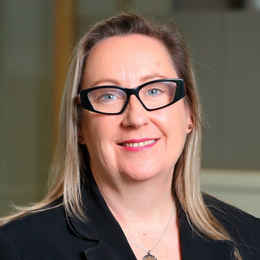
Annie De Jong
CEO. Ballarat General Cemetery Trust

Dr Lynne Reeder
Adjunct Research Fellow, Federation University Australia

Gemma Kelly
Communication and Engagement Coordinator

Dr Mary Hollick
Elder, Ballarat Central Uniting Church
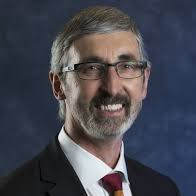
Dr David Deutscher
Retired Surgeon and Director, Fiona Elsey Cancer Research Institute
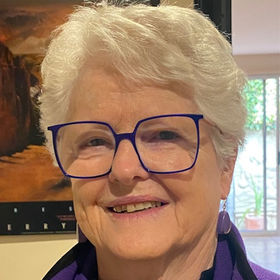
Mary Darcy
Registered Psychologist

Noah Quick
Youth Advisor
Contents: Origins of Tenderness discussion; the 'why' of the Voice project; Steering Group change..
Contents: Help for people struggling in Ballarat; the 'why of the Voice project; seeking new board members for Compassionate Ballarat.
Contents: Challenging Nuclearism discussion; second Sleepbus; community support.
Contents: Annual Report; help available over the holidays; SleepBus fundraising; seasons greetings.
Contents: Ballarat Compassion Heroes; SleepBus raffle; new book Choose Compassion; Global Compassion video.
Our Annual Reports
Contents: overview, Seeds of Compassion, A Mayors Guide to a Compassionate City , 2024 Compassion and Care Youth Award , Applying Compassion, Unveiling of the First Community Peace Pole in Ballarat, Compassionate Leadership, Compassion for the
Environment, Compassionate Kids, Interfaith Gathering, Social Support, Compassion Research, Contributing to the work of the Australian Compassion Council, National Day of
Compassion, Contribution to the Global Charter
Contents: Compassion & Youth, Healing Collective Trauma, Resourcing CEOs, Compassionate Leadership, Compassion in Healthcare, Inclusion Intercultural City, The Way of the Voice, Contributed to the National Day of Compassion, Compassionate Social Infrastructure, Supporting Residents, Inspiring Compassion & Hope, Engaging the Next Generation in Creating a Peaceful World, Compassion & Climate Change, Global Contributions and more.
Contents: Compassionate Ballarat overview; Collective Trauma report; Sleep Bus; CEO group compassion training; Ballarat Compassion Heroes; Peace Forum; Peace Poles; Interfaith Let's Talk Peace forum; work with Ballarat City Council; National Day of Compassion; contribution to the Global Charter; expert advisory group and steering group.
Contents: Compassionate Ballarat overview; our work with Ballarat City Council, The Australian Compassion Council, The Global Charter for Compassion and with other Charter sectors - Arts, Business, Education, Healthcare, Peace, Social Justice.
What is the Evidence Base of Compassion?
The science of compassion is providing new insights into how we can improve our capacity to ‘see’ the suffering around us and respond to alleviate that suffering. Compassion science is examining what motivates humans to care for one another, and how this positive motivation can be extended to improve the whole of humankind.
The importance of this research is that overall findings show that cultivating compassion and prosocial motivations are associated with improved well-being and the development of more beneficial social environments. Prof Paul Gilbert, Director of the Compassionate Mind Foundation, UK says that the research basis of compassion is vital because, ‘…the motivation of compassion pushes us to understand how we have structured the world, and to ask how can we structure it better, not because we may suffer, but because others are suffering’.

